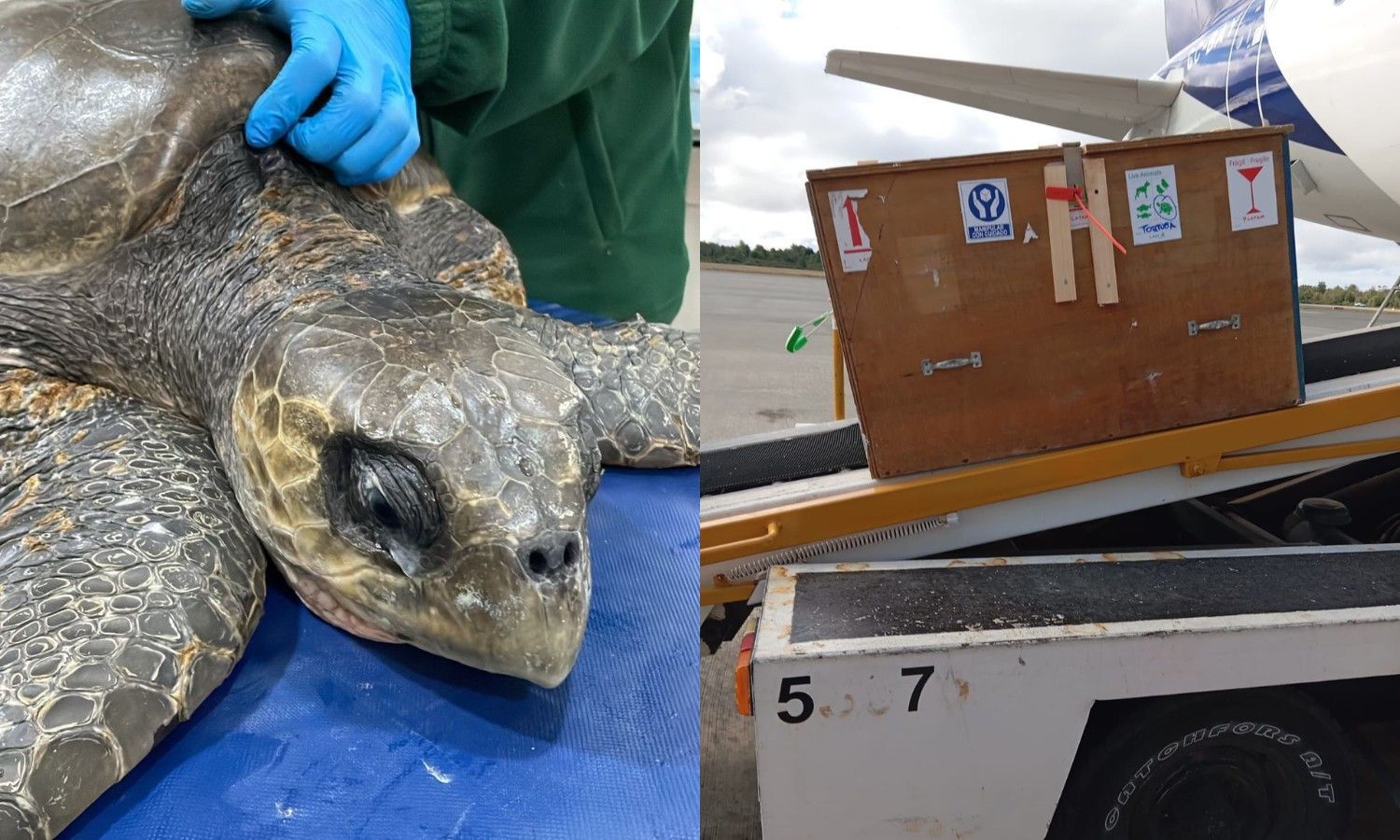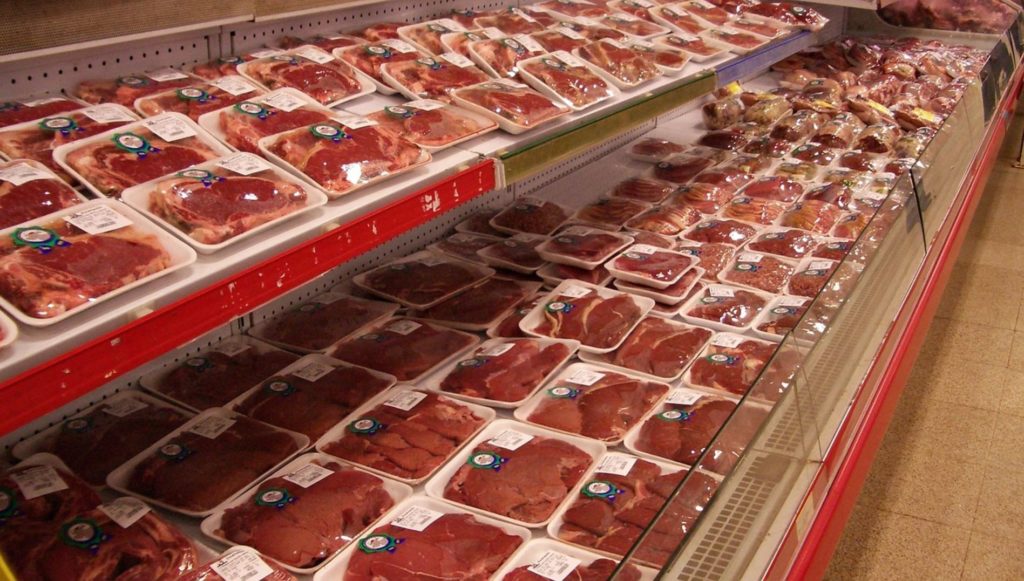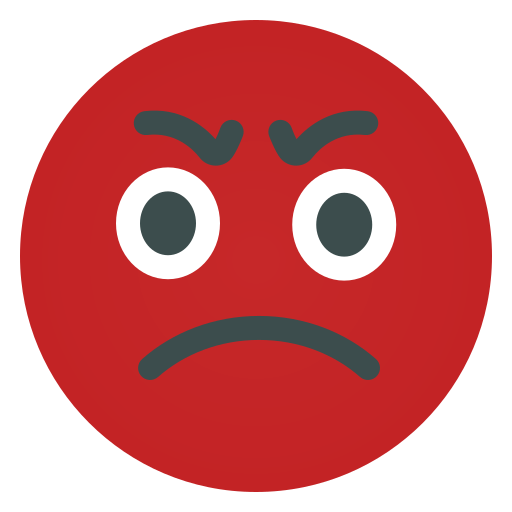An olive ridley turtle rescued by the National Fisheries and Aquaculture Service (Sernapesca) off the coast of Ancud, Chiloé Island, was transported from the Los Lagos Region to Santiago on Friday, March 28, 2025, under LATAM’s Solidarity Plane programme.
#LATAMCargo #LATAMgroup #LATAMAirlines #Sernapesca #SolidarityPlaneprogramme #wildliferescue #rehabilitation
#LATAMCargo #LATAMgroup #LATAMAirlines #Sernapesca #SolidarityPlaneprogramme #wildliferescue #rehabilitation
An olive ridley turtle rescued by the National Fisheries and Aquaculture Service (Sernapesca) off the coast of Ancud, Chiloé Island, was transported from the Los Lagos Region to Santiago on Friday, March 28, 2025, under LATAM’s Solidarity Plane programme.
#LATAMCargo #LATAMgroup #LATAMAirlines #Sernapesca #SolidarityPlaneprogramme #wildliferescue #rehabilitation
0 Kommentare
0 Geteilt
245 Ansichten
0 Bewertungen
















